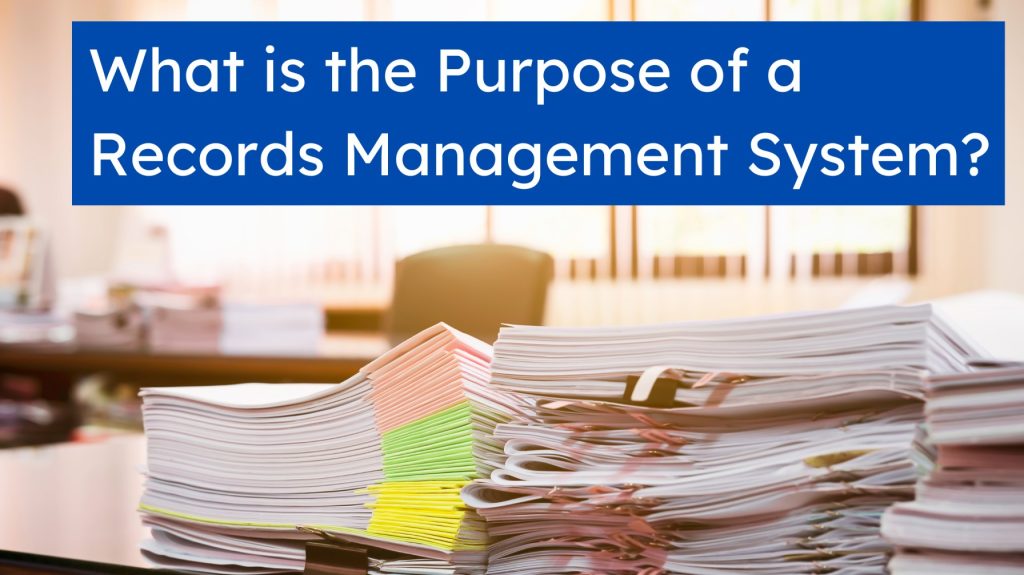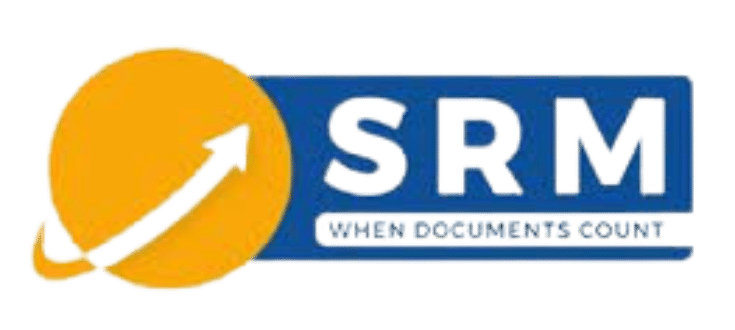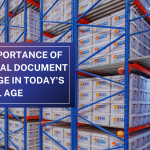A records management system has several advantages, including improved management of your current records (both paper and electronic), reduced or eliminated record-keeping redundancies, lower costs for equipment and supplies used for records storage, and increased usable office space due to the removal of unnecessary file storage. Additionally, records management offers timely information availability and institutional accountability.

Managing and controlling the ever-growing volume of documents continues to be a challenge for many organizations. A company must put a record management system in place if it wants to keep up with the quick-paced digital world and transition from paper records to digital ones. To make it easy for organizations can reach out to record management companies to make their task easier.
The Benefits of Hiring A Record Management System
Boost Business Effectiveness
Similar to other corporate assets, effective records management enables firms to capitalize on their value by facilitating quicker information access and retrieval. Implementing a strong records management strategy can aid firms in avoiding supplemental expenses (storage and server costs), having records support decision-making, and improving customer services thanks to the accessibility of information.
Establish A Strategy Plan
Because record management standards implementation must be in line with the strategic direction of the business, a suitable records system promotes the organization’s development. Communication of the organization’s mission, vision, values, and goals to pertinent interested persons must be ongoing to ensure that they are understood.
Continually Be Accountable
Record management can be utilized to comply with any applicable laws and regulations, and a solid records management system displays legal and regulatory compliance. The activities of organizations in the internal and external environments, such as the economic, political, social, and technological ones, must be documented.
Manage Risk
In terms of risk reduction, firms can also profit from Manage Risk Management System for Records. Maintaining records properly can be beneficial for providing proof of the organization’s decisions and actions. Risks resulting from poor records management and records utilized as a tool to mitigate hazards are two ways to look at the relationship between records and risks. According to the former, businesses may encounter records management-related risks such as compliance issues, problems with disaster recovery, crises involving their reputation, discrete information breaches, and security hazards. The latter, however, has to do with a system of records management that has been put in place to stop the aforementioned problems from occurring.
Boost Business Continuity
By identifying potential risks in record-keeping and acquiring a strategic strategy to reduce the chance of data loss or damage, your firm can better manage its records and information. To prevent the loss of important records and information, organizations create a disaster recovery plan that should examine and identify the risks that are most likely to have an impact on business continuity through the systems that hold important data. Systems should be set up to identify ways to secure crucial records, monitor, and maintain systems, develop processes, and add records as necessary. The impact of data loss on the organization’s overall business operations should be considered.
The Bottom Line
The growing volume of documentation that needs to be managed and regulated continues to provide challenges for organizations. Records managers may experience this due to a lack of opportunities for professional development and training. Because of this, there are numerous record management services accessible to put systems in place for records that would greatly benefit the overall operations of the organization and provide seamless documentation processes and procedures.




